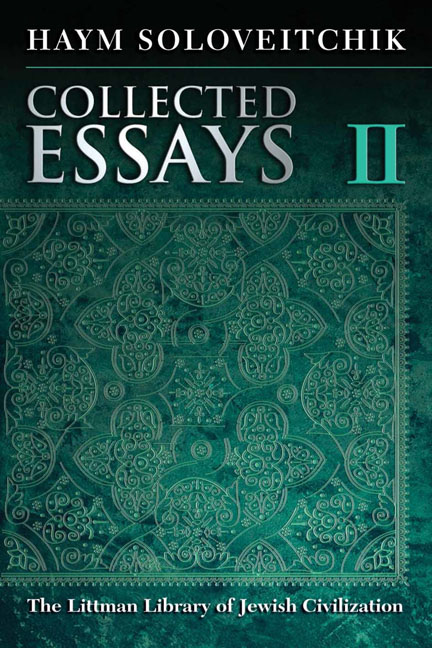Book contents
- Frontmatter
- Dedication
- Preface
- Acknowledgments
- Contents
- Note on Transliteration and Conventions Used in the Text
- PART I RE-EVALUATION OF ELEVENTH-CENTURY ASHKENAZ
- PART II MARTYRDOM UNDER CROSS AND CRESCENT INTRODUCTION
- PART III MISHNEH TORAH
- Bibliography of Manuscripts
- Source Acknowledgments
- Index of Names
- Index of Places
- Index of Subjects
2 - Dialectics, Scholasticism, and the Origin of the Tosafot
- Frontmatter
- Dedication
- Preface
- Acknowledgments
- Contents
- Note on Transliteration and Conventions Used in the Text
- PART I RE-EVALUATION OF ELEVENTH-CENTURY ASHKENAZ
- PART II MARTYRDOM UNDER CROSS AND CRESCENT INTRODUCTION
- PART III MISHNEH TORAH
- Bibliography of Manuscripts
- Source Acknowledgments
- Index of Names
- Index of Places
- Index of Subjects
Summary
My distinguished colleague Avraham Grossman has repeatedly contended that the tosafist movement arose, not in the talmudic academies of France in the twelfth century as commonly thought, but in those of Germany in the eleventh century—more specifically in Worms, in the academy of R. Shelomoh b. Shimshon (also known as Rabbenu Sasson).The tosafist method of study is dialectical, and Grossman's opinion is that one of the three major factors behind the rise of dialectics in the eleventh-century Jewish academies is the flourishing of Christian scholasticism at that time. I would like to analyze these two claims, both factually and methodologically.
Grossman writes:
A study of the literary oeuvre of the German scholars in the eleventh century reveals clear traces of some of the components that characterize the approach of the Tosafists. Rabbenu Gershom Me’or ha-Golah, and even more so his pupil, R. Yehudah ha- Kohen, wrote many responsa in the form of a dialectical give-and-take [masa u-matan], characteristic of the Tosafists. One frequently finds ‘and if you will say’, ‘and if you will object’, ‘and if someone asks’, ‘and should someone wish to say’, and the like in their writings. As we shall see further on, this is significant evidence for their mode of talmudic study. There are other characteristics common to the Tosafists in their writings. This phenomenon is also found in the writings of R. Shelomoh b. Shimshon, who, together with R. Kalonymos, headed the academy of Worms towards the end of the eleventh century, until his death at the hands of the Crusaders in 1096. R. Shelomoh b. Shimshon also often used dialectical give-and-take in the writing of his responsa. His entire approach [derekh ‘iyyuno] to the Talmud, in his deductions from it and in his interpretations, is very close to the approach of the Tosafists. It is hardly accidental that Rashi calls him ‘a sharp and acute thinker’ [adam ḥarif u-mefulpal]. I will content myself with one illustration that concretizes—if only externally— the frequent use of dialectical give-and-take by R. Shelomoh b. Shimshon, and, to a certain extent, his approach in talmudic studies.
- Type
- Chapter
- Information
- Collected EssaysVolume II, pp. 23 - 28Publisher: Liverpool University PressPrint publication year: 2014



